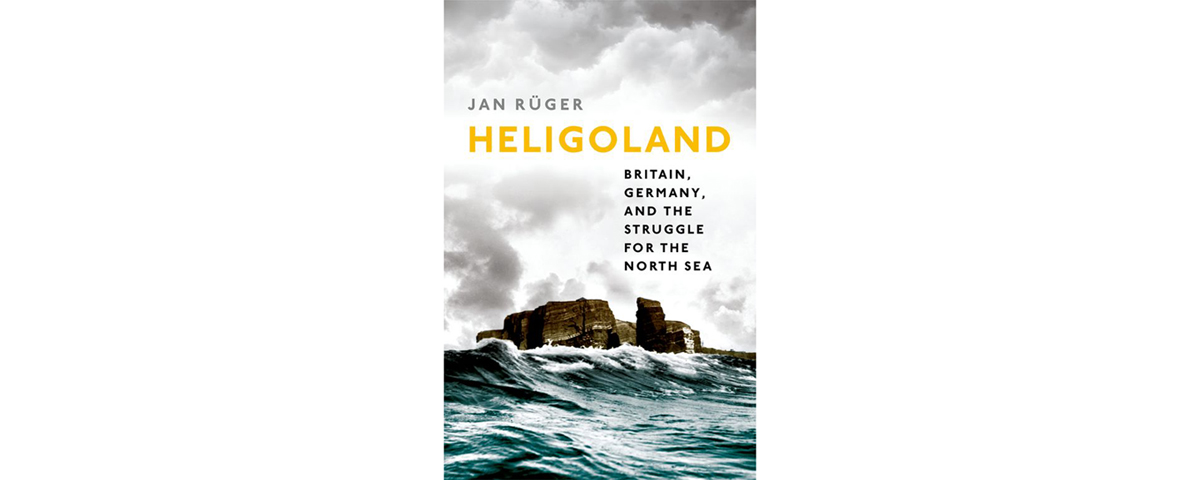Heligoland: Britain, Germany and the Struggle for the North Sea, by Jan Rüger, Oxford University Press, United Kingdom, 2017, $34.95
A far-reaching view from the rocky island of Heligoland in the North Sea, this unique volume relates Britain’s fraught relationships with Napoleonic France in the 19th century and confrontational Germany in the 19th and 20th centuries.
From his opening lines Rüger paints a dramatic picture: “Out in the North Sea, five hours northwest of Hamburg and 300 miles off the coast of England, sits Heligoland.…Its imposing cliffs can be seen from more than a dozen miles, rising abruptly to 85 feet above the crashing waves. It is a steep, triangular bastion of an island.” But as the author relates, there is more to the island than its appearance.
Over the centuries Heligoland has served as a key North Sea waypoint, a smugglers’ way station between Britain and the Continent, a spy center, a regal summer resort, a gamblers’ haunt, a celebrated artist colony, a naval base and, following World War II, a British Royal Air Force practice bombing site. Heligoland was once part of Denmark. It has been a British colony. It served Nazi Germany as a strategic naval base and an evocative symbol of Aryan identity. Indeed, its strategic relevance stretches from the Napoleonic Wars through both world wars into the politically complex Cold War.
The author identifies Heligoland as a “hinge” between Great Britain and the Continent, and the analogy holds true for the ongoing relationship between Britain and Germany. Rüger’s epilogue focuses on that British-German connection:
Coexistence seemed so much of an everyday fact that those growing up at the beginning of the 21st century could be forgiven if they struggled to appreciate just how conflict-ridden and violent the Anglo-German past had been.…Britain and Germany are more closely bound up with one another today than at any point since the late 19th century. But none of this is irreversible.
Rüger’s book is not merely the exploration of an obscure island and its storied history; it’s a thought-provoking treatise of how nations coexist—or don’t.
—Joseph Callo





